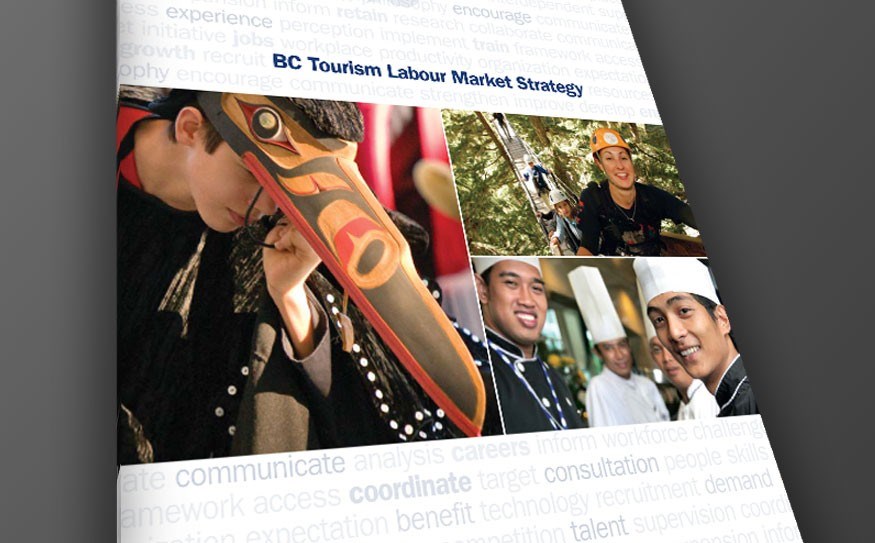It's been about eight months since the human resources organization go2 and the provincial tourism ministry released the BC Tourism Labour Market Strategy, providing a snapshot of employer needs present and future, as well as a framework for developing skilled employees to fill those jobs. The document identified several strategic priorities, which included working with stakeholders such as resort municipalities more in the future.
To that end, the provincial Ministry of Jobs, Tourism and Skills Training has announced $70,000 in new funding to collect data from 14 resorts, including Whistler, over the next five months to "identify resort community labour market trends, gaps, practices and employee recruitment challenges..." That in turn will support the development of a larger strategic analysis of the labour market to ensure that recruitment, training and retention programs for employees in the tourism industry fit in with the needs of the employers.
Tourism minister Pat Bell said the government is committed to growing and supporting the tourism industry in the future. "That's why we're providing funding to industry leaders like go2 to address key human resource issues and identify ways to recruit and keep good employees in these 14 designed B.C. resort municipalities."
For the Whistler Chamber of Commerce, which helped participate in the study — and was a catalyst for the original Labour Market Analysis after years of staff shortages in the resort — the funding was welcome news.
"We hear from our members that recruiting and retaining employees in a resort environment where there is a large, transient population and keen competition for staff is one of the most challenging aspects of doing business in Whistler," said chamber president Fiona Famulak in a release.
"We're delighted that when we raised the issue with go2, they and the provincial government saw the need for this study, the first of its kind in British Columbia, in order to understand and enhance B.C.'s resort labour market productivity and competitiveness."
Famulak said members should be aware that there would be opportunities to provide input over the next few months during the consultation process.
"We urge all businesses to participate in the surveys and focus group discussions when invited to do so in the coming months," she said. "Whistler is the largest of the 14 resort communities and we have an obligation to step up and contribute to a study that will help our business owners and those in the other resorts."
The consultation process and results will be published in mid-2013, and will be shared with resorts, training centres and colleges offering programs that serve the tourism industry — everything from cooking schools to guiding. Wherever there's a need, or perceived shortage, that information will be sent out to encourage British Columbians to enroll in those fields.
Among the findings of the original labour market strategy:
• Tourism and hospitality generated $13.4 billion in annual revenue in 2010, growing 4.2 per cent annually since 2004.
• There were 17,943 tourism-related businesses operating in B.C. at the time of the survey, employing 260,000 workers. By 2020, it's expected that tourism will employ over 300,000 British Columbians. With turnover and retirements, it's expected there will be a need to hire over 100,000 new people by 2020.
For more, visit www.go2hr.ca.




